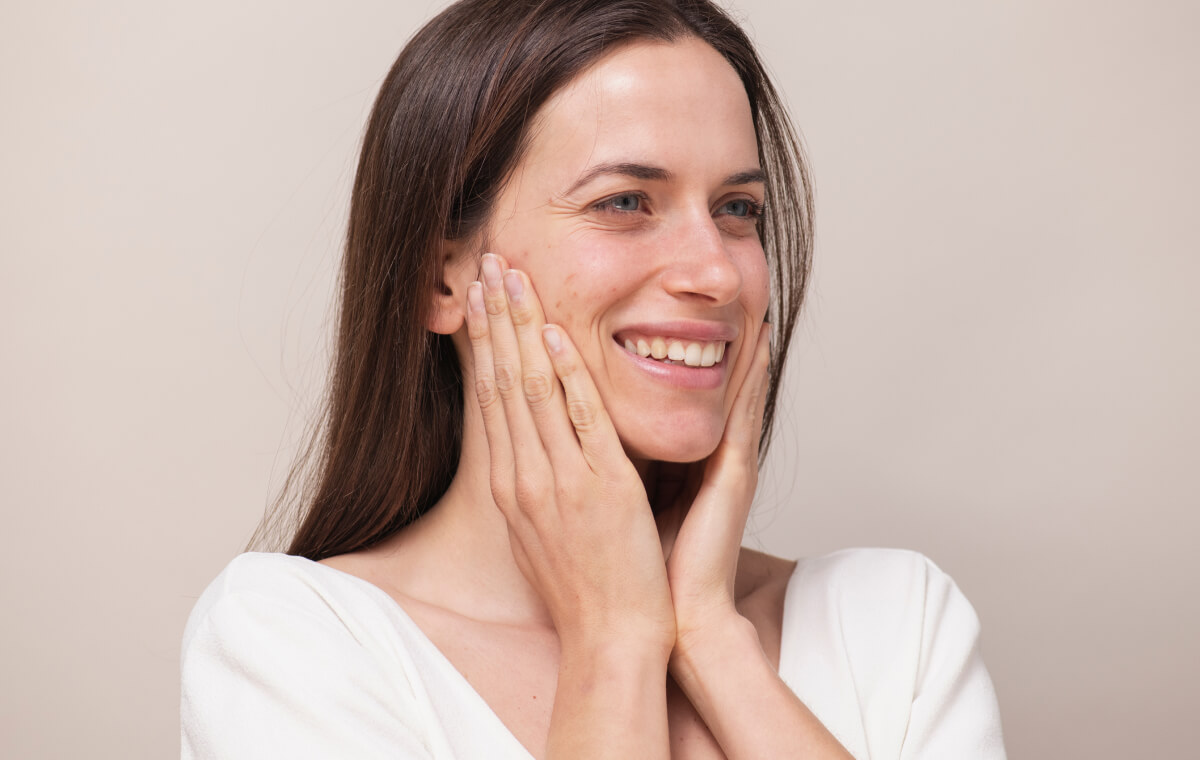Free radicals. Maybe you’ve heard of these troublemakers before. But while they can cause harm via something called oxidative stress, they’re a bit misunderstood. So, we’re sharing some science-backed details, including where they come from, how they work, and their relationship to the visible signs of skin aging.
Let’s take a look at what free radicals are and how you can combat their effects with a daily skincare routine including antioxidants.
What are free radicals?
Free radicals are unstable atoms that can damage the cells in the body. What makes them so unsteady? They’re oxygen-containing molecules that have an unpaired electron. That single electron allows them to interact freely with other molecules, which isn’t always a good thing.
Where do they come from?
Our body can produce small amounts of free radicals through natural biological processes. But many times, they’re triggered by an outside source, like tobacco smoke, toxins, pollutants, and especially sun exposure.
What do they do to the body?
An overload of free radicals sets off a process called oxidative stress. Oxidation consists of chemical reactions that damage our cells. That’s where antioxidants come in.
Normally, our body can fight off this stress through its own antioxidant defenses. But when the antioxidant-producing capacity is overwhelmed by too many free radicals, damage can occur as our body can’t keep up.
A common example
Let’s talk about one of the biggest culprits when it comes to free radicals: the sun. How does sunlight cause free radicals to form in your body? Too much UV radiation from the sun can overwhelm your system, provoking these unstable molecules and triggering oxidative stress — AKA the process of photoaging. That reminds us — have you put on your sunscreen today?
What do free radicals do to the skin?
When free radicals overpower our body and trigger oxidative stress, it can impact the different layers of the skin. Damage presents as fine lines and wrinkles, a dull, uneven skin tone, an increase in dark spots, and sagging skin. Simply put – the signs of skin aging.
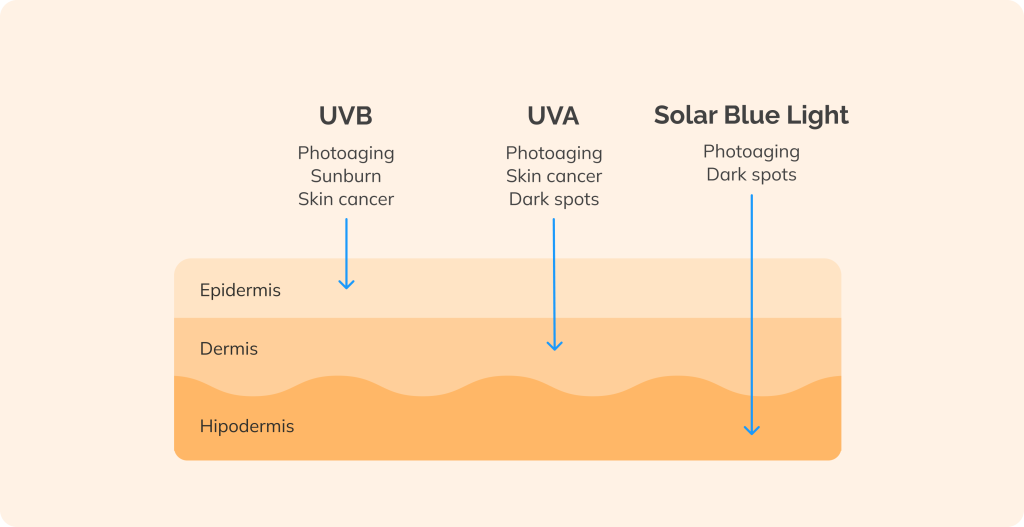
Let’s take a deeper look. Here are the noticeable ways free radicals and oxidative stress can affect your skin:
- Dehydration: Free radicals can cause an uptick in transepidermal water loss, depleting your skin’s much-needed moisture.
- An uneven tone: Damage from skin stressors can make your skin’s natural coloring, melanin, distribute irregularly.
- Dullness: When cells have to put in the extra work to fight free radicals, natural turnover may slow down.
- A loss of firmness and elasticity: The synthesis of collagen, elastin, and proteoglycans slows, weakening skin’s structure and strength.
While the signs of skin aging are nothing to fear (we say embrace them), a constant overload of free radicals can cause more serious health concerns. So, it’s best to try and avoid them where you can. How? Start with good sun protection habits and avoid smoking and other pollutants.
How can I help get rid of free radicals in my skin?

Free radicals are a natural part of everyday life. So, you’ll never get rid of them completely — and that’s ok! But you can minimize your exposure and the effects.
Enter antioxidants. As the name suggests, they help to block oxidative stress. Antioxidants are molecules that like to share — meaning they can donate an electron to a free radical and still remain stable. This helps to stabilize the free radical, neutralizing, delaying, or helping to prevent further damage from the oxidative process.
Fortunately, our body produces its own antioxidants to counter the effects of sun damage, pollution, and other skin aging triggers (such as cigarette smoke). But, these natural repair processes don’t work as effectively as we age. That’s where a little extra help from antioxidant skincare comes in.
How antioxidants fight free radicals in the skin
When applied directly to the skin, they can add to your body’s own antioxidants and help neutralize free radicals. How do they do it? Direct antioxidants, such as vitamin C, can “capture” free radicals before they act. Meanwhile, indirect antioxidants (like melatonin) are in charge of damage control, repairing molecules harmed by free radicals.
Here are some of the benefits of all types of antioxidants for the skin:
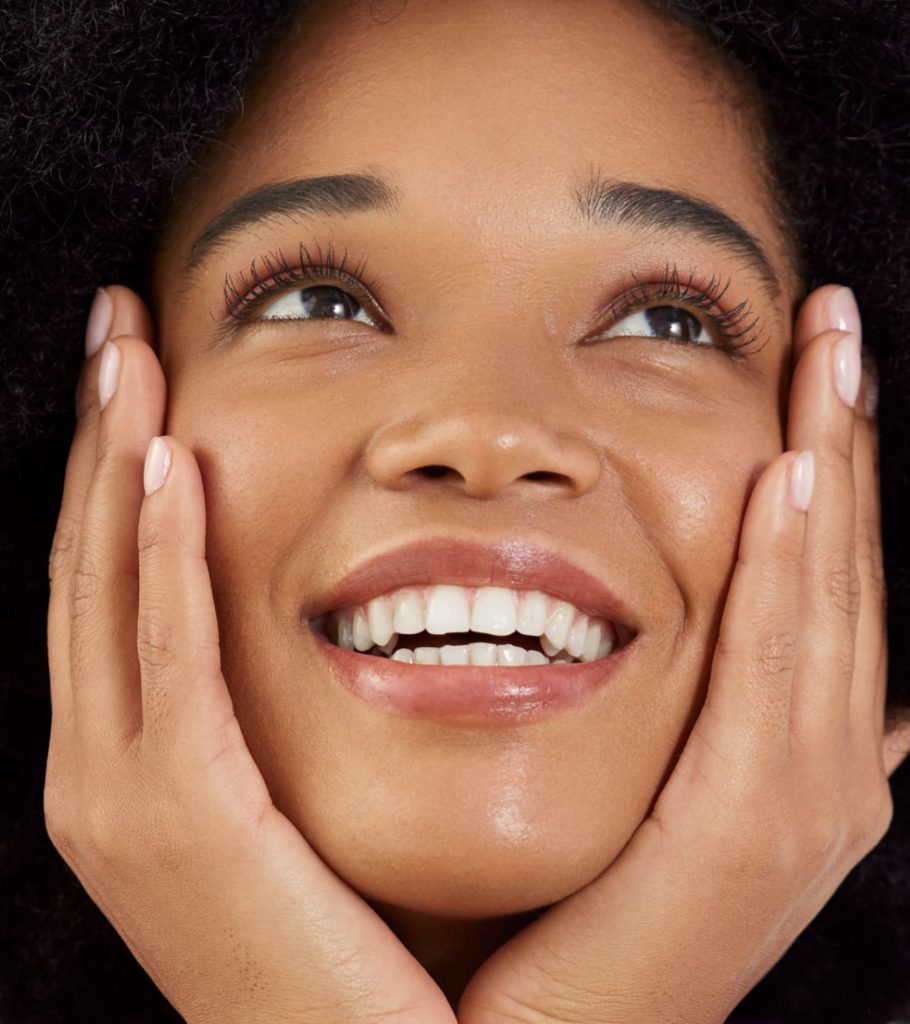
Antioxidants help minimize the sun’s damaging effects
In the top layer of the skin, we find keratinocytes: cells that can gather high concentrations of vitamin C. Together with vitamin E, this power couple helps shield skin from sun damage.
They combat the signs of skin aging
When applied topically, antioxidants can help slow down the processes that break down collagen and elastin — the hero proteins that give your skin its bouncy structure.

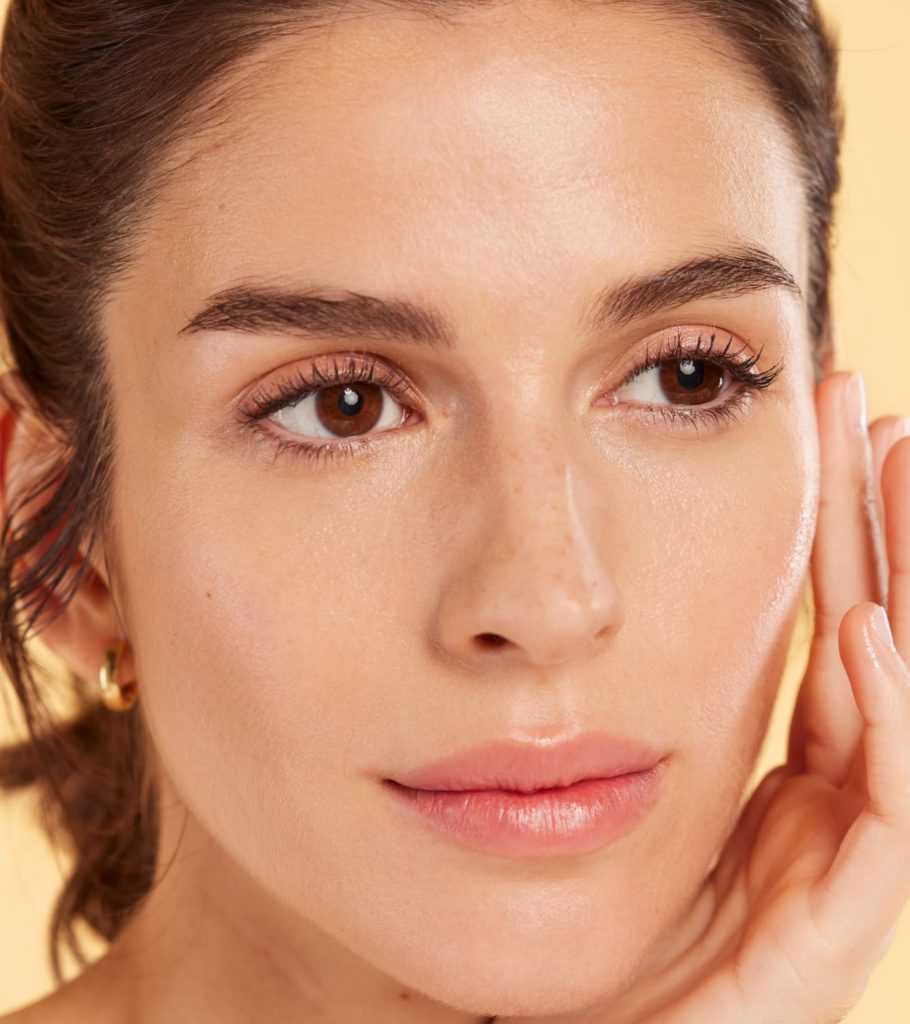
And also unify and brighten
Skin discoloration? Antioxidants can help. Routine topical application helps brighten skin and even tone. Don’t forget to combine them with your favorite daily sunscreen to combat dark spots.
How to add antioxidants to your skincare routine
Look for products that provide round-the-clock antioxidant care. You can include powerful antioxidant formulas in both your morning and nighttime skincare routine.
One of the most effective ways to get your daily dose is through serums, with their potent blends designed to provide targeted care. Want to go the extra mile? Choose a sunscreen with antioxidants. That way, you’ll help boost your skin’s natural defenses while protecting it.
What are some of the best antioxidants for skin?
 Vitamin C
Vitamin C
In skincare, Vitamin C works as a powerful antioxidant to help neutralize free radicals and protect against oxidative stress. Overall, it promotes glowy, healthy-looking skin. Find it in Flavo-C Ultraglican.
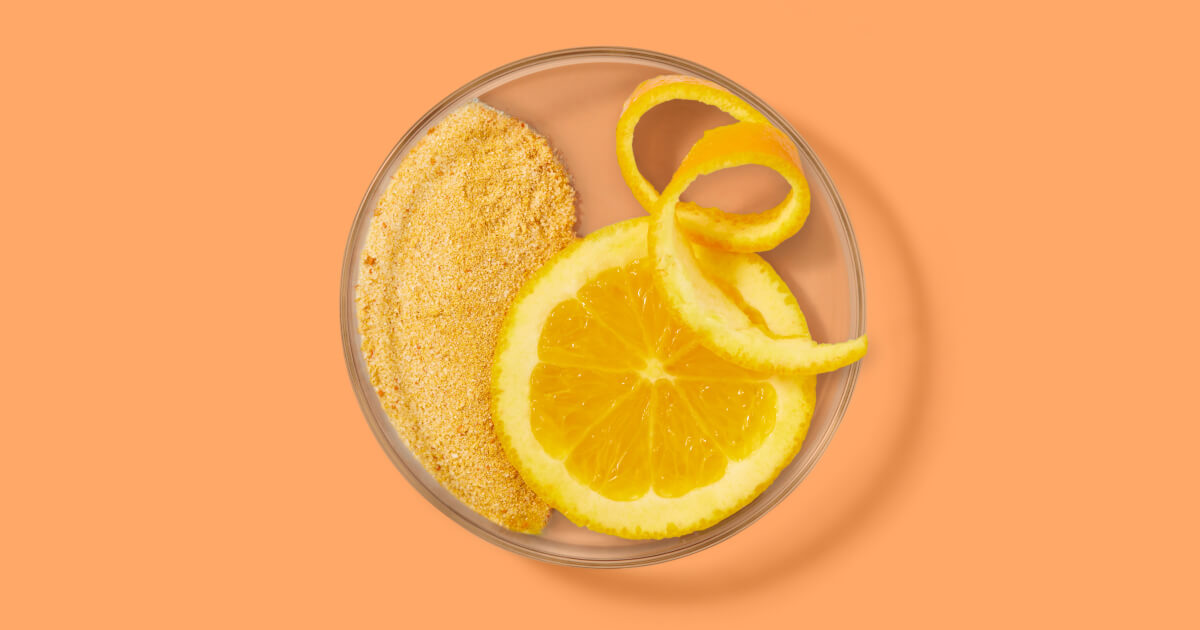
 Vitamin B3
Vitamin B3
One form of vitamin B3 is more commonly known as niacinamide, and it’s this ingredient that you’ll often see in science-backed skincare. Studies have shown that topical application can help minimize discoloration and boost luminosity. Find it in Melaclear Advanced.
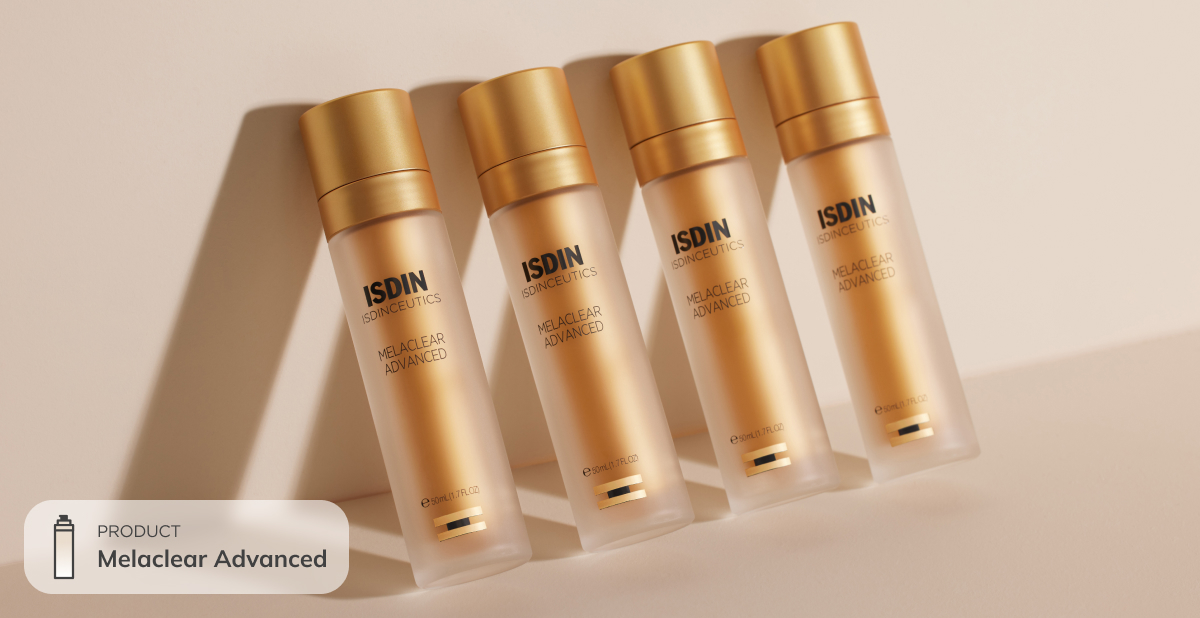
 Ginkgo biloba
Ginkgo biloba
Ginkgo biloba leaf extract boasts a high concentration of antioxidant compounds. This mighty yet natural ingredient fights against the negative effects of free radicals, helping to protect the skin from damage. Find it in Flavo-C Serum.

 Melatonin
Melatonin
You may have heard of melatonin as the hormone which helps to regulate your sleep/wake cycle. But when topically applied, it also helps wake up antioxidant enzymes — working to block free radicals and repair oxidative damage. Find it in Melatonik®.
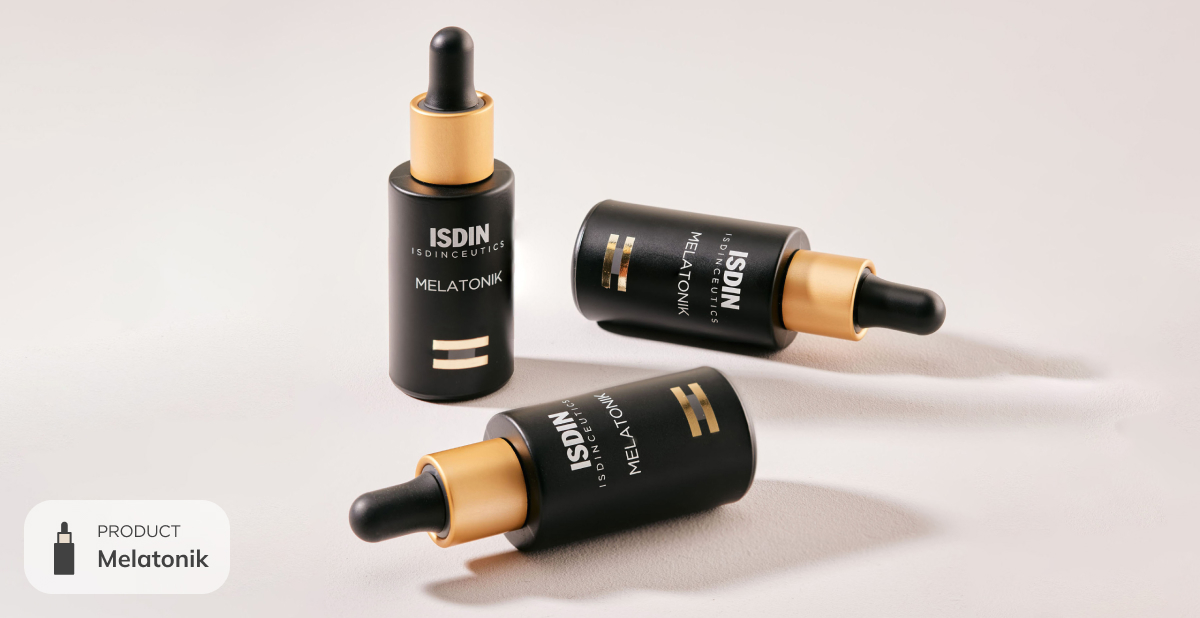
Summing things up, what does free radical damage look like for your skin? During oxidation, free radicals can damage the building blocks of healthy skin. This breakdown can harm the resilient structure of your skin from the inside out. Overall, as a result of this oxidative stress, the skin becomes thinner, rougher, and loses its radiance.
But the good news is that antioxidants can help. Remember that skincare is self-care — and you deserve to feel your best. And of course, always wear your sunscreen.
References:
- Poljšak, B., Dahmane, R. Free Radicals and Extrinsic Skin Aging. In Dermatology Research and Practice, Hindawi Publishing Corporation, Vol. 2012, Article ID 135206.
- Pai, VV., Skukla, P., Kikkeri, NN. Antioxidants in dermatology. In Indian Dermatology Online Journal. 2014 Apr-Jun; 5(2): 210–214.
- Starr, JM., Starr, RJ. Skin Aging and Oxidative Stress. In Aging: Oxidative Stress and Dietary Antioxidants, 2014 Academic Press.
- Pullar, JM., Carr, AC., Vissers, MCM. The Roles of Vitamin C in Skin Health. In Nutrients, 2017 Aug; 9(8): 866.
- Bissett, DL. PhD, Oblong, JE. PhD, Cynthia, A., Berge, BS. Niacinamide: A B Vitamin that Improves Aging Facial Skin Appearance. In Dermatologic Surgery, (2005) Vol. 31, Issue S1 (860-866).
- Fischer TW, Elsner P. The antioxidative potential of melatonin in the skin. In Current Problems in Dermatology 29:165-174
- Nichols, JA., Katiyar, SK. Skin photoprotection by natural polyphenols: Anti-inflammatory, anti-oxidant and DNA repair mechanisms. In Arch Dermatol Res. 2010 Mar; 302(2); 71.

